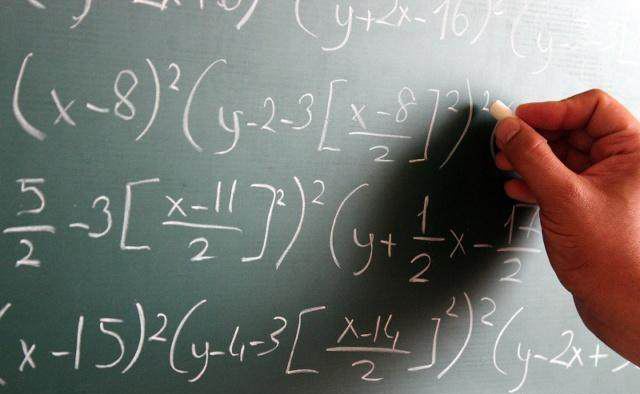Algebra
- what is Algebra?
- Writing the Statements in Algebraic Form
- Solved Examples on Algebra
- Practice Problems on Algebra
- Frequently Asked Questions on Algebra
Introduction to Algebra:
Algebra is a branch of mathematics that deals with symbols and the rules for manipulating those symbols to solve equations and understand relationships between quantities. It is often seen as a generalized form of arithmetic that uses variables to represent unknown values and allows for the manipulation of mathematical expressions and equations using operations such as addition, subtraction, multiplication, and division.
In algebra, letters (usually represented by lowercase or capital letters) are used to represent unknown values or variables. These variables can represent any number, and algebra provides a way to manipulate these variables and perform operations on them.

Writing Statements in Algebraic Form:
One of the key skills in algebra is being able to express statements and problems in algebraic form. This involves translating word problems or mathematical statements into equations or expressions using variables.
For example, consider the following word problem:
"The sum of two numbers is 12. If one of the numbers is x, find the other number."
To write this problem in algebraic form, we can let the other number be represented by the variable y. The sum of the two numbers is 12, so we can write the equation as:
x + y = 12
This equation represents the relationship between the unknown numbers x and y.
Solved Examples on Algebra:
Let's work through a few examples to understand how algebra can be used to solve problems.
Example 1: Solve the equation 3x + 4 = 16.
Solution: To solve this equation, we need to isolate the variable x. We can do this by performing inverse operations.
First, let's get rid of the 4 by subtracting it from both sides:
3x + 4 - 4 = 16 - 4 3x = 12
Next, we can isolate x by dividing both sides of the equation by 3:
3x/3 = 12/3 x = 4
So, the solution to the equation is x = 4.
Example 2: Simplify the expression (2x + 3)(x - 5).
Solution: To simplify the expression, we can use the distributive property of multiplication over addition.
(2x + 3)(x - 5) = 2x(x - 5) + 3(x - 5)
Expanding the expression further:
= 2x^2 - 10x + 3x - 15
Combining like terms:
= 2x^2 - 7x - 15
So, the simplified expression is 2x^2 - 7x - 15.
Practice Problems on Algebra:
Now, let's solve some practice problems to further strengthen our understanding of algebra.
Problem 1: Solve the equation 2(x + 5) = 18.
Problem 2: Expand and simplify the expression (3x + 4)(2x - 7).
Problem 3: Find the value of x in the equation 3(2x + 1) = 21.
Frequently Asked Questions on Algebra:
1. What is the difference between algebra and arithmetic?
Algebra and arithmetic are both branches of mathematics but are different in their approach. Arithmetic focuses on the manipulation of numbers using basic operations such as addition, subtraction, multiplication, and division. Algebra, on the other hand, deals with symbols and variables to represent unknown values and relationships between quantities.
2. How is algebra used in real life?
Algebra is used in various fields and everyday life situations. It helps in solving practical problems, analyzing data, making predictions, and understanding mathematical relationships. For example, in finance, algebra is used to calculate interest rates and analyze investments. In engineering, algebra is used to model and solve real-life problems. In medicine, algebra is used to analyze data and make predictions based on statistics.
3. What are the different branches of algebra?
There are several branches of algebra, including elementary algebra, abstract algebra, linear algebra, and Boolean algebra. Elementary algebra deals with the basic operations and principles of algebra. Abstract algebra studies algebraic structures and their properties. Linear algebra focuses on vector spaces and linear equations, while Boolean algebra deals with logic and binary operations.
4. How can I improve my algebra skills?
To improve your algebra skills, it is important to practice regularly. Solve a variety of algebraic problems and equations, work through examples, and seek help when needed. Build a strong foundation by understanding the basic concepts and principles of algebra, and gradually progress to more challenging problems. Utilize online resources, textbooks, and practice worksheets to enhance your understanding and problem-solving abilities.
In conclusion, algebra is a powerful branch of mathematics that allows us to solve equations, manipulate expressions, and understand relationships between quantities. It provides a framework for solving complex problems, analyzing data, and making predictions. By learning and applying the principles of algebra, we can develop strong problem-solving skills and gain a deeper understanding of mathematical concepts. So, embrace the world of algebra and unlock the potential to solve a myriad of mathematical puzzles and real-life challenges.